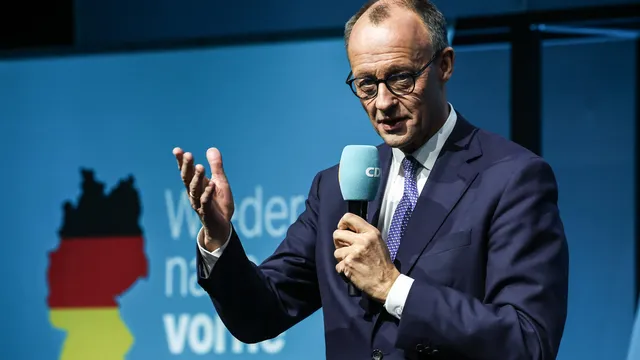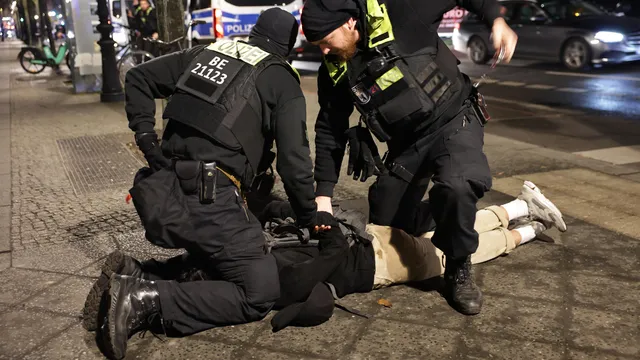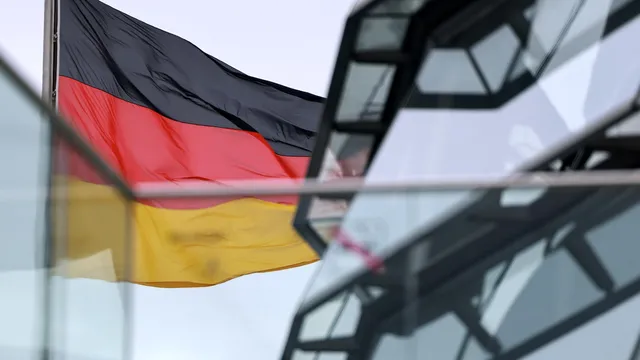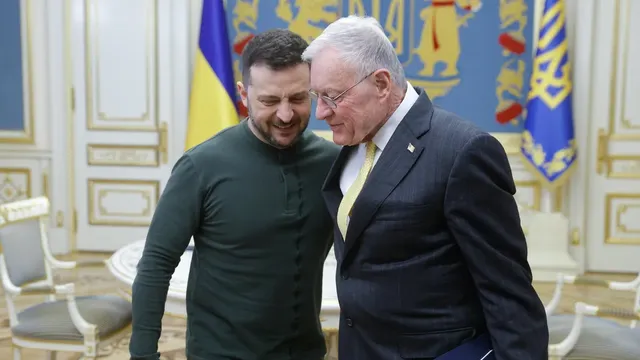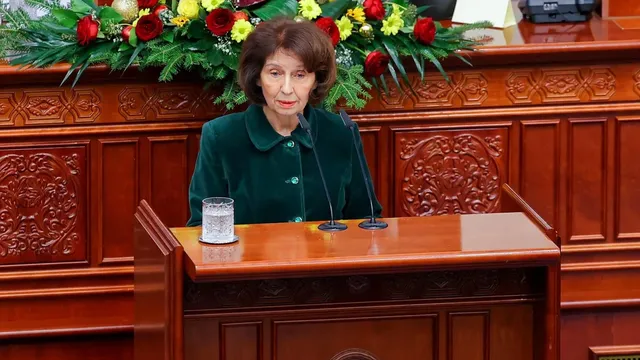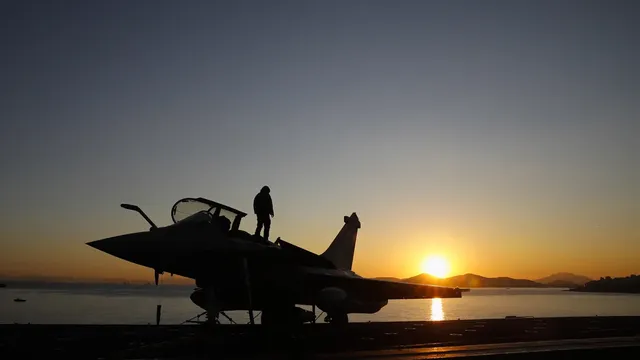German Chancellor Olaf Scholz said it was still too early to discuss sending peacekeeping troops to Ukraine, a view that was backed by his main rival in this weekend's elections, Friedrich Merz.
Two days before the vote, Scholz said the question of whether Berlin would be willing to send German soldiers to support a possible ceasefire "is a debate we should not be having now".
"We are still far away from a ceasefire and we don't know whether international troops, UN troops or whatever else can play a role there and whether it will happen at all," Scholz told public broadcaster ZDF.
Scholz stressed that Ukraine would not be "left alone" as the three-year anniversary of Russia's full-scale invasion approaches.
"Now that negotiations are taking place, it can count on Germany and Europe as a whole", he said.
Meanwhile, voters could rest assured that the centre-left Scholz would continue to act "decisively in support of Ukraine" if given a mandate to continue as chancellor.
Merz, whose conservatives are strong favourites to win the elections, repeated Scholz's words about Ukraine.
"It is too early to think about sending German troops to Ukraine," Merz said, also in an interview.
"It may turn out that there must be guarantees for Ukraine's security. But that's not possible as long as there's a war there," Merz said.
More broadly, Merz warned that Germany may no longer be able to rely on the United States for military support as Trump pushes Europeans to take greater responsibility for their own defense.
"We have to be prepared for the fact that Donald Trump will no longer fully accept the promise of aid made in the NATO treaty," Merz said in reference to the alliance's mutual defense clause.
"It's important now that the Europeans really do their best to be able to at least defend the European continent with their own forces," Merz said.
Scholz, who could remain in his post for weeks in the event of an election defeat, said Washington had become a "more sophisticated partner" now that Trump was back in power.
"We have to ensure our own security, and that means we have to ensure that Germany has strong armed forces, that European countries are also able to work together for their security," he said. | BGNES

 Breaking news
Breaking news
 Europe
Europe
 Bulgaria
Bulgaria
